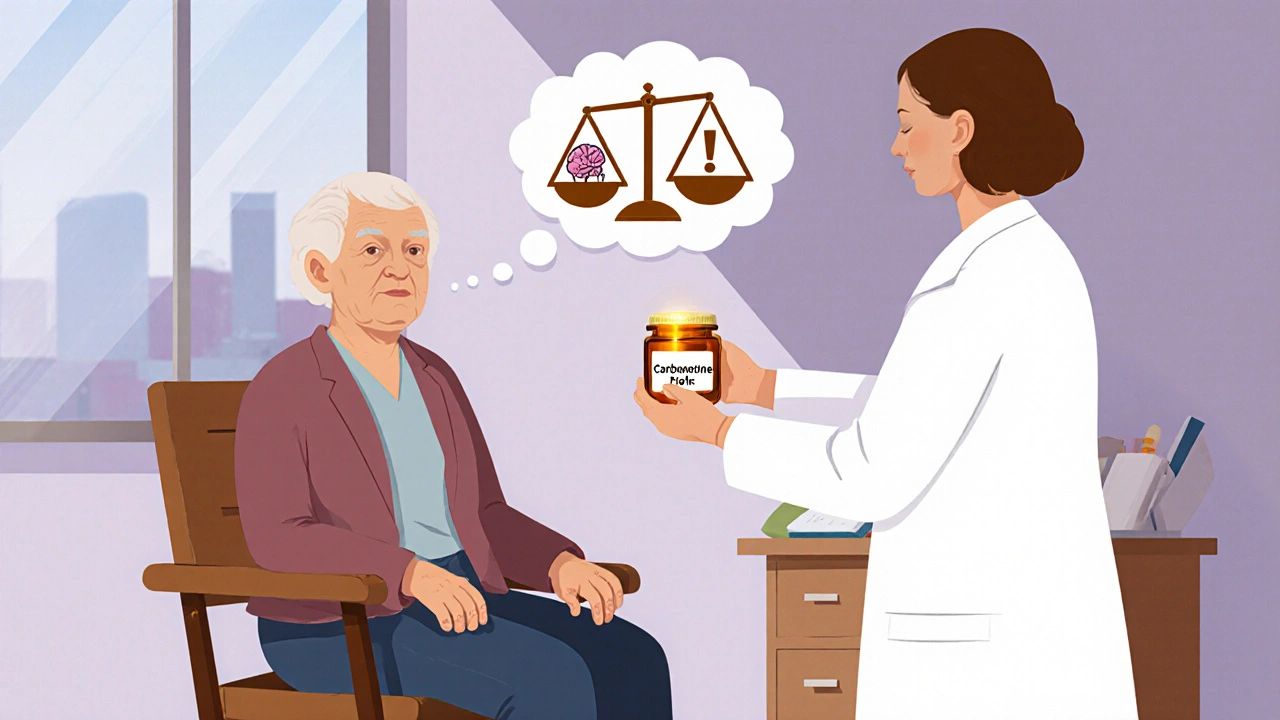Epilepsy: Causes, Treatments, and Medications You Need to Know
When someone has epilepsy, a neurological condition marked by recurrent, unprovoked seizures. Also known as seizure disorder, it affects how brain cells communicate, leading to sudden bursts of electrical activity that can cause convulsions, blank stares, or loss of awareness. It’s not one disease—it’s a group of conditions with different causes, from genetic factors and brain injuries to infections or unknown origins. Many people live full lives with epilepsy, especially when they find the right treatment plan.
Seizures don’t always look like dramatic shaking. Some are subtle—a moment of staring into space, a strange smell or taste, or sudden fear without reason. These are called focal seizures, epileptic events that start in one part of the brain. Other types, like generalized tonic-clonic seizures, involve the whole brain and often lead to full-body convulsions. What triggers them? Common ones include sleep loss, stress, flashing lights, alcohol withdrawal, or missed doses of antiepileptic drugs, medications designed to stabilize brain electrical activity. Finding your personal triggers is half the battle.
There’s no one-size-fits-all cure, but many people gain control with medication. Drugs like levetiracetam, lamotrigine, and valproate are often first-line choices, but side effects vary—drowsiness, dizziness, mood changes, or even skin rashes can happen. Some patients try diet therapies like the ketogenic diet, while others benefit from nerve stimulation or surgery if a seizure focus can be pinpointed. The key is working with a specialist who understands your lifestyle and goals. You’re not just managing seizures—you’re protecting your ability to drive, work, sleep, and feel safe.
The posts below cover real-world concerns: how epilepsy meds interact with other drugs, what to do if a treatment stops working, how to spot dangerous side effects, and what alternatives exist when standard options fail. You’ll find comparisons between common antiepileptic drugs, tips for traveling with prescriptions, and insights into how other conditions like liver disease or depression can complicate epilepsy care. This isn’t theory—it’s what people actually deal with every day. Let’s get you the facts that matter.

Carbamazepine Use in Older Adults: Risks, Benefits, and Dosing Guidelines
A practical guide on carbamazepine use in older adults, covering dosing, side‑effects, drug interactions, monitoring, and safer alternatives.
October 22 2025